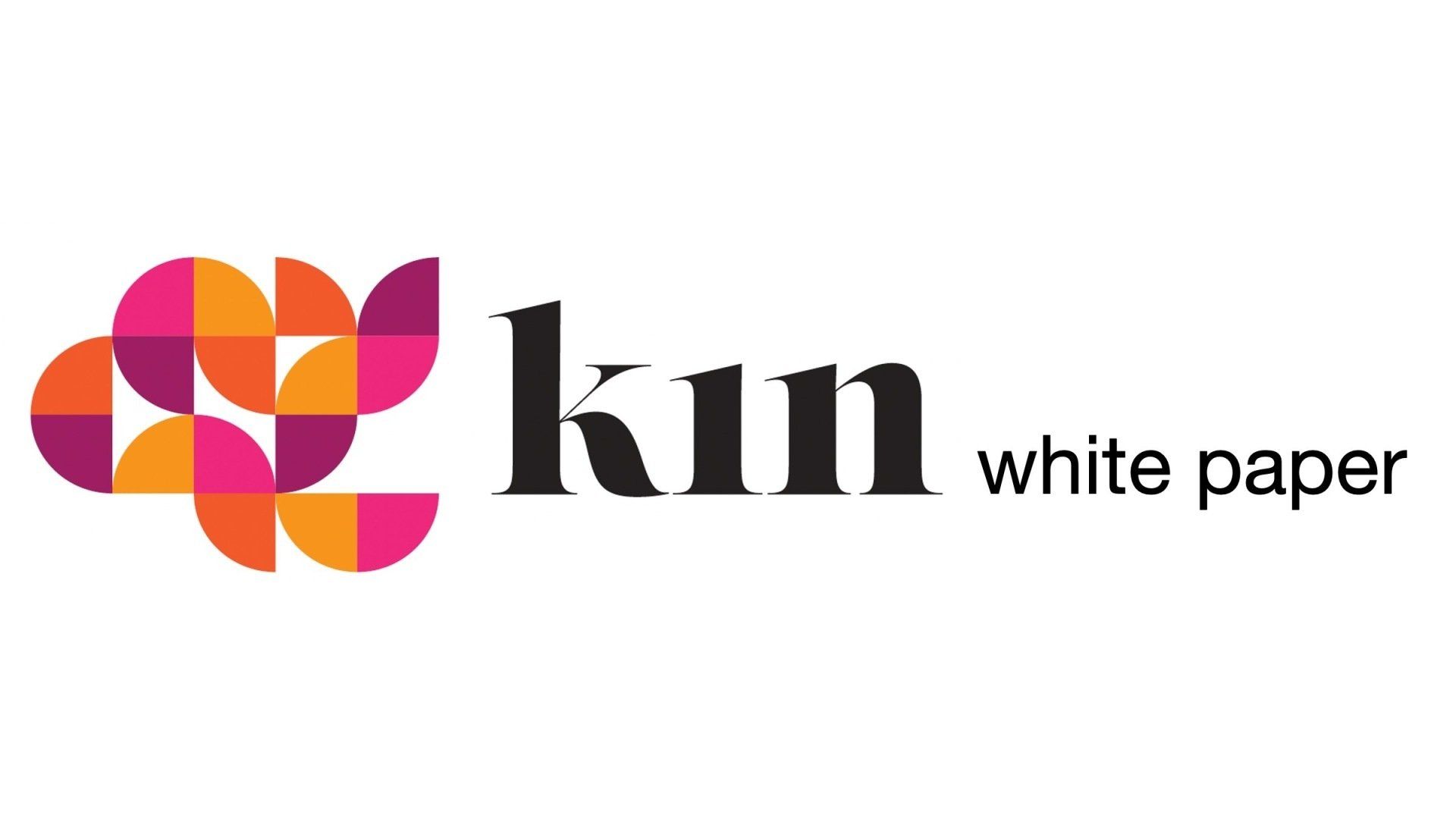I am sometimes asked why I was motivated to develop our alternative (better) search engine. Here are some of the answers.
I am aware that many people think we are a bit crazy and we have taken on an impossible task, but they are partly silenced by the fact we have built something rather good already. – it works and even at this early stage we believe the search results are better. But, why did I embark on this journey in the first place.
The reasons
There were essentially three reasons:
1) I knew it was technically feasible,
2) I saw there was a growing need,
3) I believed there is a better commercial model for search.
I think the first two are now accepted as proven and our company is actively gathering the proof that the third is also true.
The proof of the first reason began when I realised, from work I had been doing at Trisent, that it should be technically possible to use existing building blocks to construct a search engine (i.e. we did not need to start from scratch) and so we could avoid the need for continuous web crawling and low-level content indexing. This would enable us to focus on the quality of the output results and the business model, where we saw the problems with exiting search engine. Thus, Trisent, quickly built a very basic organic search engine to confirm it was technical feasible, and we also filed a patent around technical aspects relating to how we would make the results better.
The proof point for the third reason is very much work in progress, we have strong secondary evidence that our model is viable, and we are implementing it and testing it with users to provide the primary evidence.
However, it was the second reason – the need – that was the real motivating factor in establishing a new company. Our team believe that the current search model is flawed (if not totally broken) and the need for something better is growing as the world and the internet changes. This gave our business a real purpose - we would build a better internet/web search engine. Of course, aspiration is one thing, the actual belief has to be based on stuff we can deliver otherwise we may have a company but not a viable business.
Adapting to the changing world
We were not alone in our growing concerns about the internet and how it is increasingly being abused. Launching his Contract for the Web in November 2019, Sir Tim Berners-Lee, in reference to his invention of the worldwide web, said “What could go wrong? Well, duh: all kinds of things have gone wrong since. We have fake news, we have problems with privacy, we have problems with abuse of personal data, we have people being profiled in a way that they can be manipulated by clever ads.”
However, we have become part of a growing movement for change to improve the internet. We are encouraged by the proliferation of companies and organisations, especially in Europe, that are making these changes happen. Here are a few examples of the projects and organisations that are shaping our on-line future and the use of our personal data.
In addition we are seeing the rapid growth of companies with alternative more ethical business models. For example we have seen a rapid uptake of the privacy preserving search engines such as Ecosia and DuckDuckGo. However, these alternatives only really address one issue, i.e. privacy, they do not address other issues that have arisen as the internet has evolved. In particular they still use the ad-model that many users despise and so it is unlikely that their services will be globally disruptive.
We believe that search engines can be much better than that so we created Better Internet Search Ltd to deliver a better more user-focussed search engine with an ad-free revenue model aligned to that purpose. We believe that the timing is ideal to introduce our alternative search engine which is better suited to the internet of today.
The internet has changed dramatically in the last 10 years, but search engines have not adapted well to this change. The advertising model for search is still aligned to the world where we used the internet predominantly to find information and for basic communications. This was a time when a tiny fraction of our retail spending was done online and most of the world was still not connected. At that time few of us considered online data privacy and we trusted brands like Google.
The landscape is now totally different. Most of the world is now online, e-commerce is second nature to most of us. The market for pay-per-click ads is stagnating, and yet online retail is still growing exponentially. Legislation such as GDPR makes data harvesting for targeted ad delivery increasingly difficult and we no longer trust companies like Facebook and Google with our personal data.
There are also hidden financial and social costs for consumers in the current ad-model which I mentioned in a previous post. All consumers pay for online ads; we pay for the internet bandwidth that delivers them, the devices that process and render then, the battery that powers this and the screens that display them. According to George Gilder in his book Life After Google it costs the average smartphone user $23/month "for ads, trackers, scripts, and other diversionary chaff that bears malware, slows load-times, piles on data-plan costs, depletes battery life, and tramples privacy and property rights" not to mention the social cost of fake news and filter bubbles.
In our journey we are not put off by the sneers we observe from the nay sayers and know-it-alls, as they instantly jump to the conclusion that we are trying to take on Google at their own game. We are not, we are playing a different game with new rules and goals aligned to the needs of today’s internet users. We are part of a powerful movement developing a more human-centric internet and from incorporation we have been actively supported by the Next Generation Internet Trust. Our user-focussed business model ensures that customers are properly served, unlike an ad-based model where the users are the product to be sold to advertisers.
There is a clear need for change and industry transformation is already in evidence. We believe the timing is right and we have a strategy to protect the value of our technical and commercial innovation. This is difficult task but our motivation is sustained by knowing that we have many supports and that the rewards for success are high, not just the company and our investors, but also for society as a whole.















